
May 3, 2016 - Electric vs. Gas Cars
After the unveiling of the Tesla Model 3, the flood of pre-orders both shocked Elon Musk and gave the automotive industry an early insight into the future of electric cars. That is, the potential that electric cars may become much more mainstream in the near future than they ever have been in the past. Despite having been in production for nearly two decades, the Toyota Prius hasn't received anywhere near the attention that the Tesla Model 3 has been getting before it's even begun production. With the prediction that electric cars will become mainstream in the next few years, it might be worth considering switching from a gas vehicle to an electric one. The biggest selling feature of electric and hybrid cars is their lower impact they have on the environment, but "better options" are known for costing significantly more than their "less good" counterparts (healthy vs fast food, solar power vs electric energy).
We decided to do an in-depth comparison of two similar cars to determine whether it makes more sense to go electric or stick with your gas car.
FUEL ECONOMY - Obviously there is no cost of gas with electric cars, though there is the cost of the battery, which needs to be replaced, on average, every 10 or so years. Batteries for electric cars have 8 year manufacture warranties. The cost of a new one is about 1/3 of the cost of the car (approximately $11,666, in the case of the Model 3), but prices are expected to drop significantly by 2020. A mid-sized gas car would cost the driver just over $2,000 in gas per year, if it's driven a distance of 20,000km annually.
An electric car like the Nissan Leaf can drive about 150-200 km on one charge (and some charging units can get your car up to an 80% charge in 20-30 minutes), whereas the Nissan Maxima's 18 gallon fuel tank can get you close to 500 miles (or 800km).
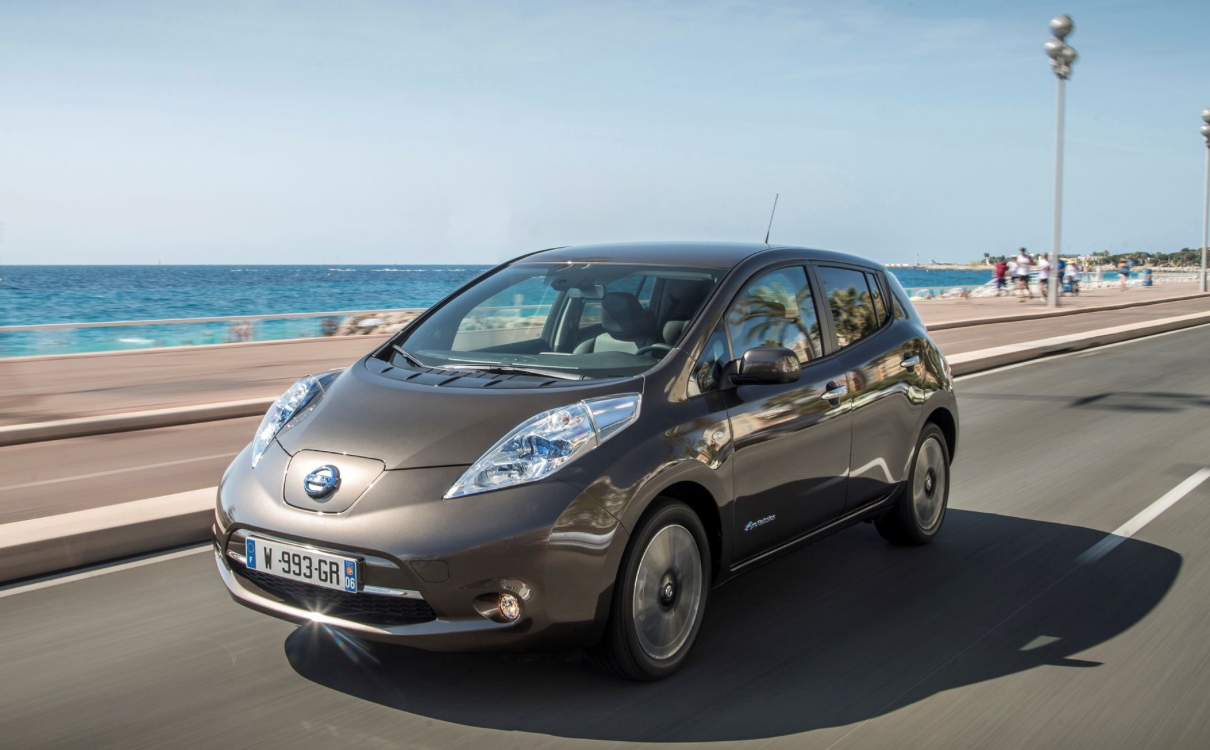
COST - An electric car can cost anywhere from 23,000 to over $100k, obviously depending on its make. The 2016 Nissan Leaf would cost you $32,698+ whereas the 2016 Nissan Maxima starts at 35,900.The Tesla Model 3 sedan will be manufactured to be sold at a base price of $35,000. If you're looking to go cheaper, a bare-minimum electric car would cost you $22,295 for a 2015 Mitsubishi i-MiEV, whereas a lower priced gas car, like a Fiat, would only cost you about $15,000. Another downside to electric cars, if you're looking to save some money, is the fact that because they are much newer than gas cars, it's much harder to find an older, used model at a lower price. If you're a young, first-time car buyer trying to save some money, an electric car might not be your most economically-conscious option.
SAFETY - Due to a few electric car fires, people have been hesitant to make the switch, thinking gas cars are safer. What we fail to report on however, are the nearly 200,000 gas car fires each year that occur in the U.S alone. Though there isn't enough data to conclude that electric cars are safer than gas ones, the chance of an electric car fire is actually significantly lower than that of a gas car fire.

ENVIRONMENT - A mid-sized gas car emits approximately 18,603 kg of greenhouse gases over 5 years, whereas an electric car only emits about 1,930 kg from the production of electricity to power the car.
BONUS - You can actually receive a tax credit of up to $13,000 when you lease or buy an electric car.
To sum up, both vehicles have their pros and cons, and the decision between the two depends primarily on your use for the car. Electric cars produce significantly fewer greenhouse gases, have thus far proven to be safer than gas cars (in terms of fires), and are accompanied by a tax rebate. Gas cars, on the other hand, are more cost-effective, and are much more efficient for long trips.
Mar 15, 2016 - Spring Clean Your Car
Spring is welcomed with chirping birds, longer, sunnier days, and freshly blooming flowers - don't overshadow the beauty of the season by surfacing your dirty, salt stained car from the throes of winter. Most people use spring as an excuse to reinvent themselves, to organize their life, and to focus on new goals and endeavours. Typically goals fall along the lines of cleaning out your closet, starting a new fitness routine to get in shape for summer, or planning some kind of new experience like travelling or signing up for a new class. We don't often think about the "spring cleaning" our cars require. Cars take a beating over the winter, from the engine running twice as hard, to the salt stains and mounds of snow we drive through, so some TLC for your car will help it run more efficiently for all those road trips you'll be taking this summer, and will save you in maintenance costs in the long run.
EXTERIOR
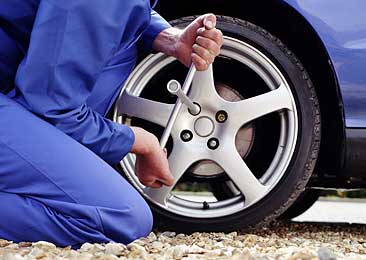 Change tires. It goes without saying that winter tires are for the winter and summer tires are for the summer, but often drivers put off changing their tires or just don't bother changing them at all. After all, if winter tires can handle driving on ice and snow all winter, they can surely handle driving in the summer. Unfortunately, this mentality will ultimately cost you more, as winter tires aren't meant to be driven in the extreme heat of summer. The humidity can melt the rubber and cause your snow tires to be damaged and unusable in the future.
Change tires. It goes without saying that winter tires are for the winter and summer tires are for the summer, but often drivers put off changing their tires or just don't bother changing them at all. After all, if winter tires can handle driving on ice and snow all winter, they can surely handle driving in the summer. Unfortunately, this mentality will ultimately cost you more, as winter tires aren't meant to be driven in the extreme heat of summer. The humidity can melt the rubber and cause your snow tires to be damaged and unusable in the future.
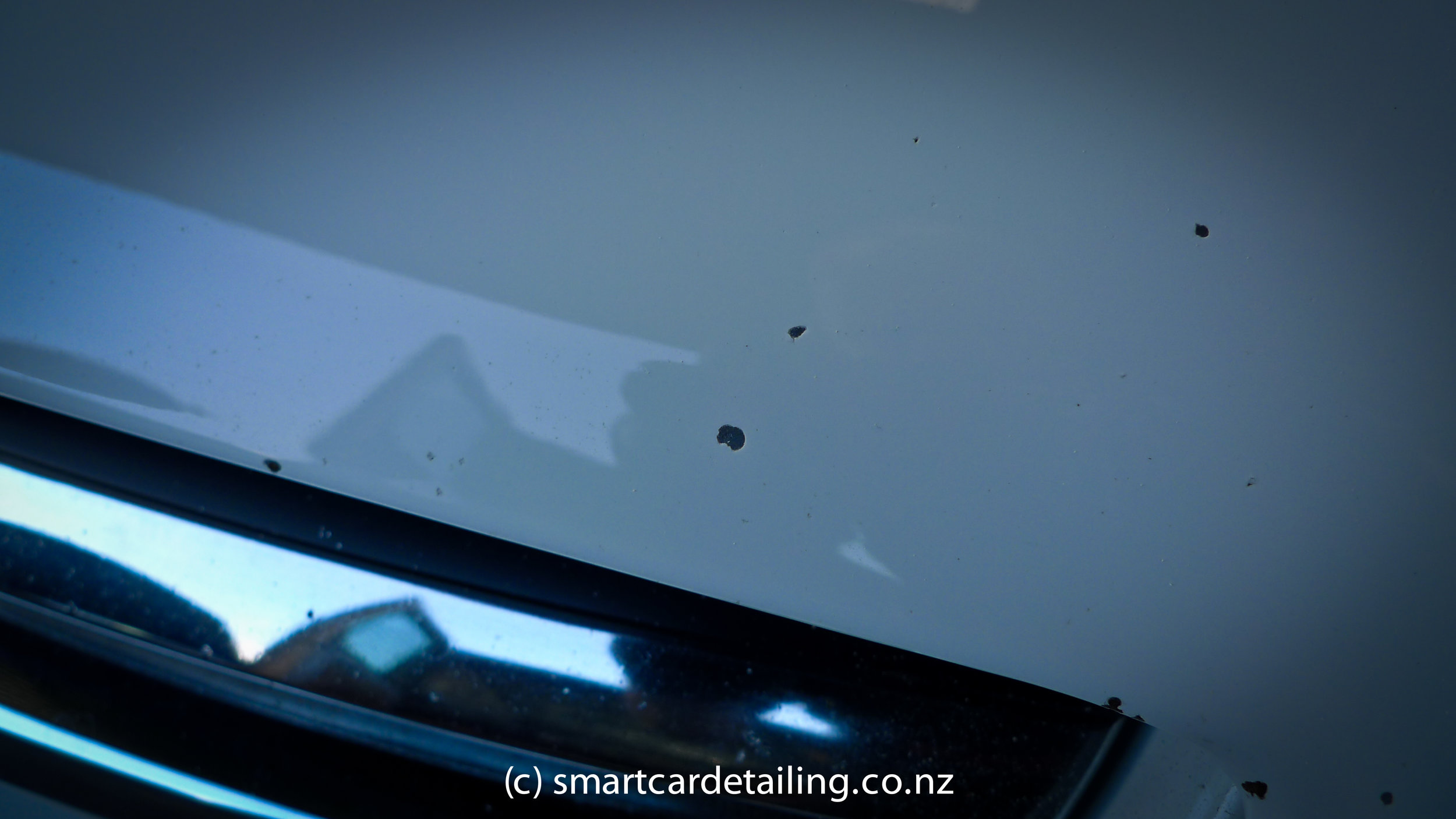 Wash & Wax your car to get rid of all the dirty snow and salt stains, making sure to get right inside the wheel walls. While you're washing, make sure to look carefully for any stone chips that need to be touched up. You may not want to spend the money to fix up any marks on your car, but ignoring stone chips can lead to rusting, which will become much more expensive to repair in the future. It's important to deal with chips as soon as you notice them.
Wash & Wax your car to get rid of all the dirty snow and salt stains, making sure to get right inside the wheel walls. While you're washing, make sure to look carefully for any stone chips that need to be touched up. You may not want to spend the money to fix up any marks on your car, but ignoring stone chips can lead to rusting, which will become much more expensive to repair in the future. It's important to deal with chips as soon as you notice them.
INTERIOR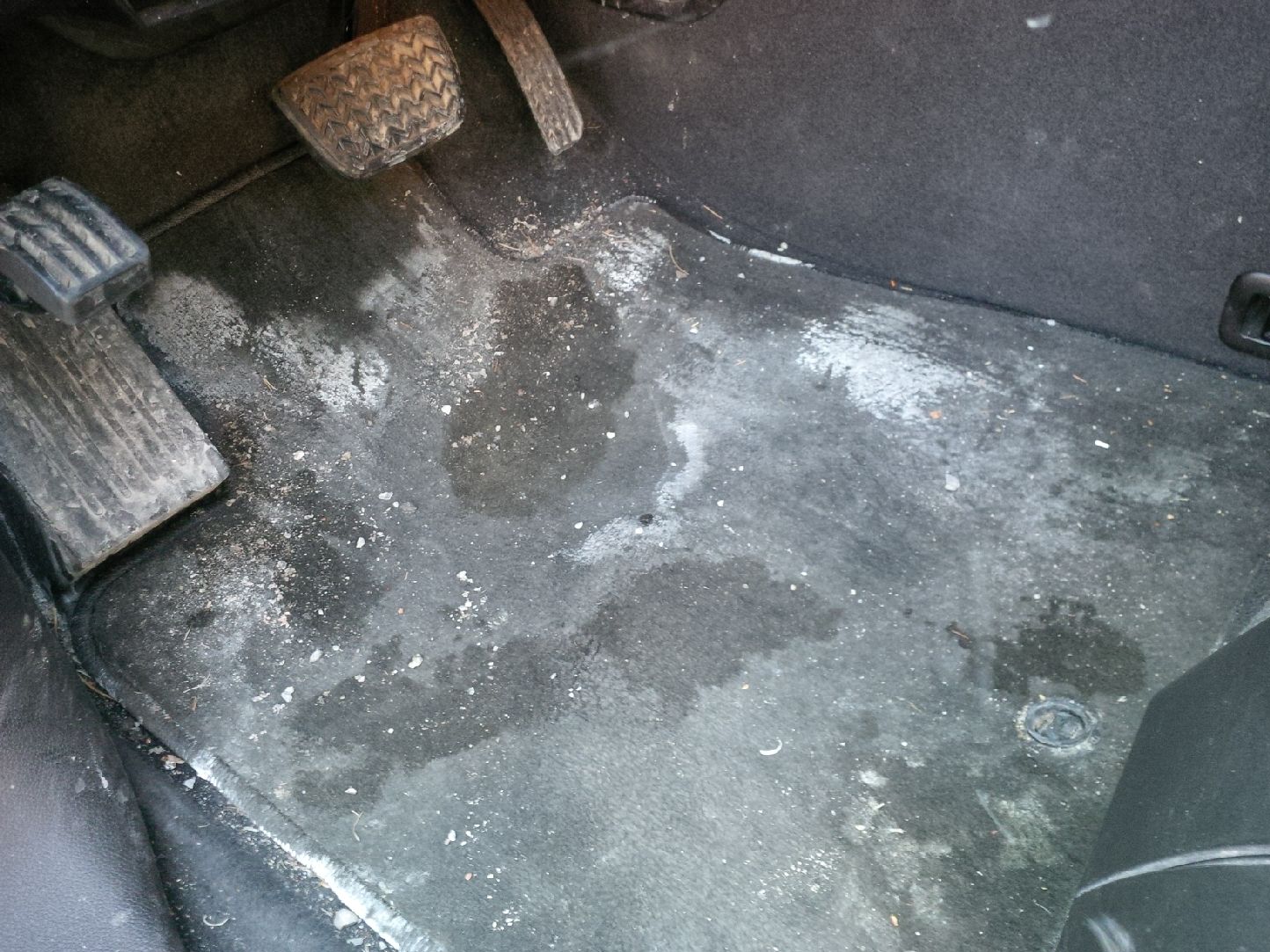 Clean Inside
Clean Inside
After months of dragging dirty boots in and out of your car, and most likely spilling coffee or hot chocolate in the console once or twice, the inside of your car probably looks as dirty as the roads you were driving on. To clean the mats, first vacuum off any stones and loose dirt, then use a hose or pressure washer to scrub away the stains. To get salt stains off pedals and any leather parts, mix 2 parts water with 1 part vinegar and wipe them down with a cloth.
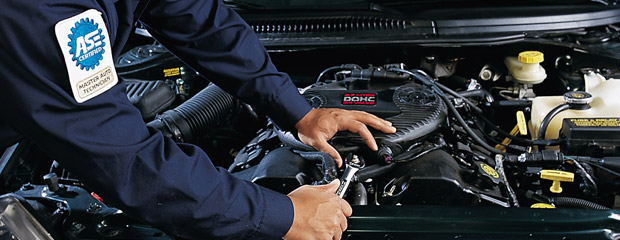
Spring Tune Up
If time isn't on your side, why not opt to have a professional wash, wax, and clean your car, and have them service it while they're at it? As we mentioned, running a car in below freezing weather all winter can take a toll on the engine. It isn't necessary to tune up your car at the beginning of spring, but it's always a good idea to do everything at once for the sake of having peace of mind that your vehicle is as clean and efficient on the inside as it is on the outside.




